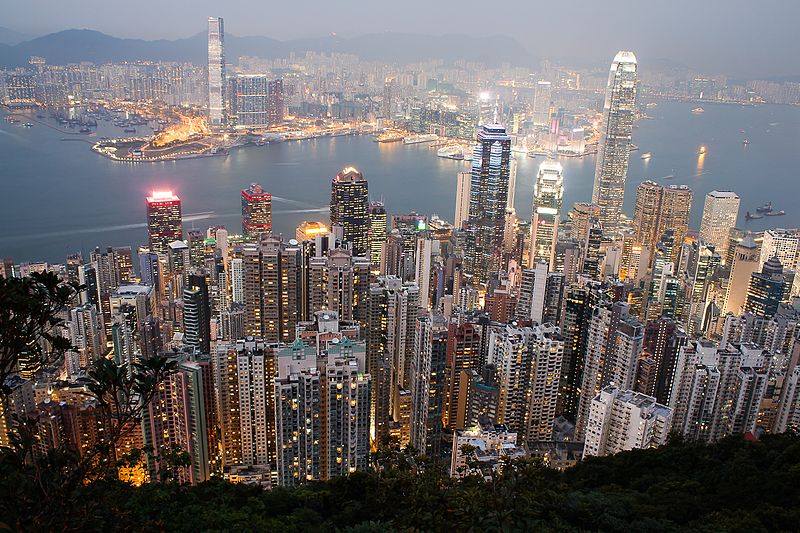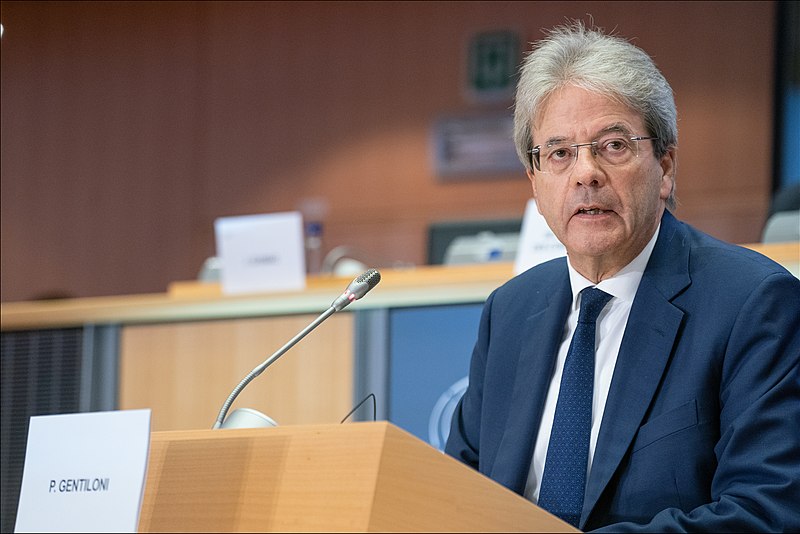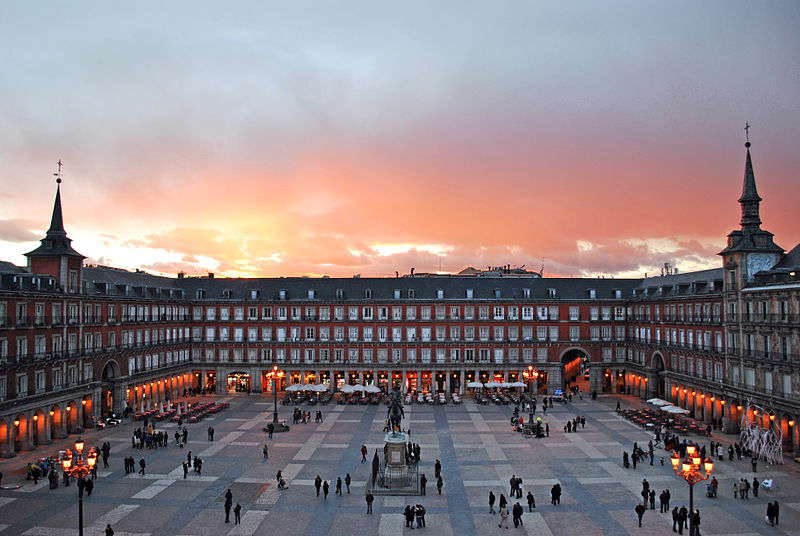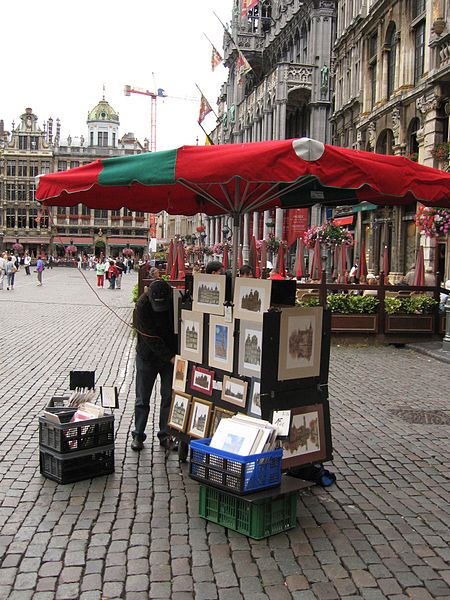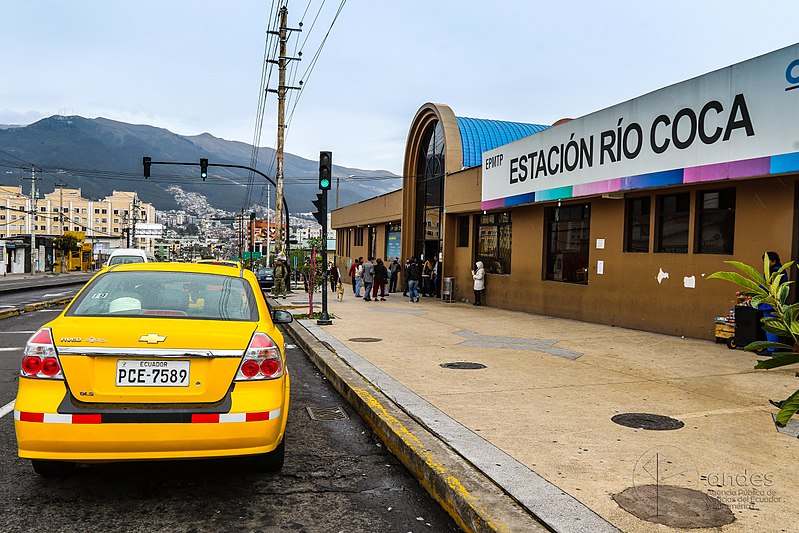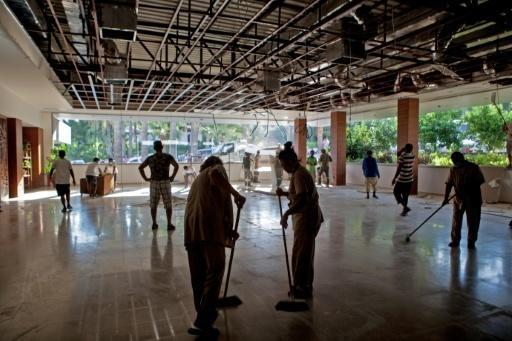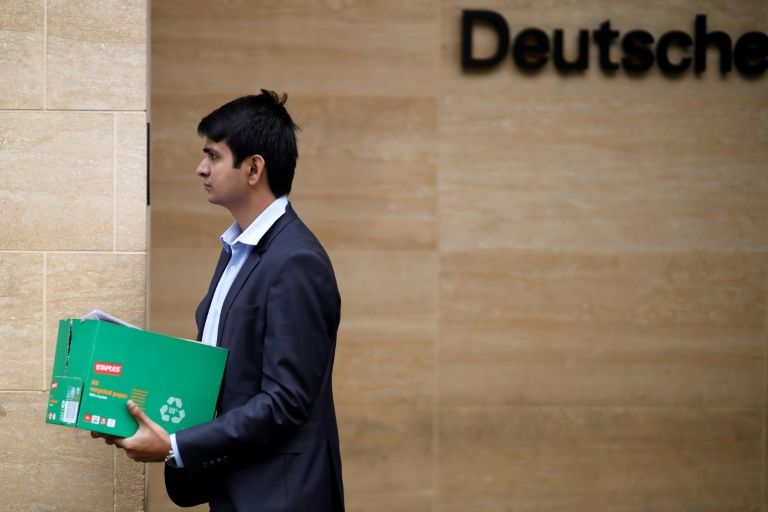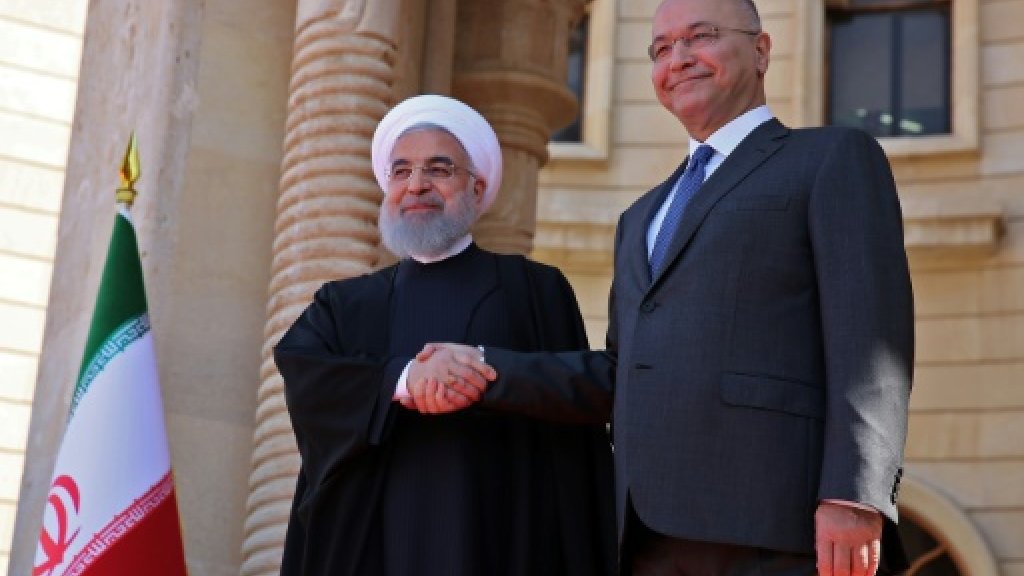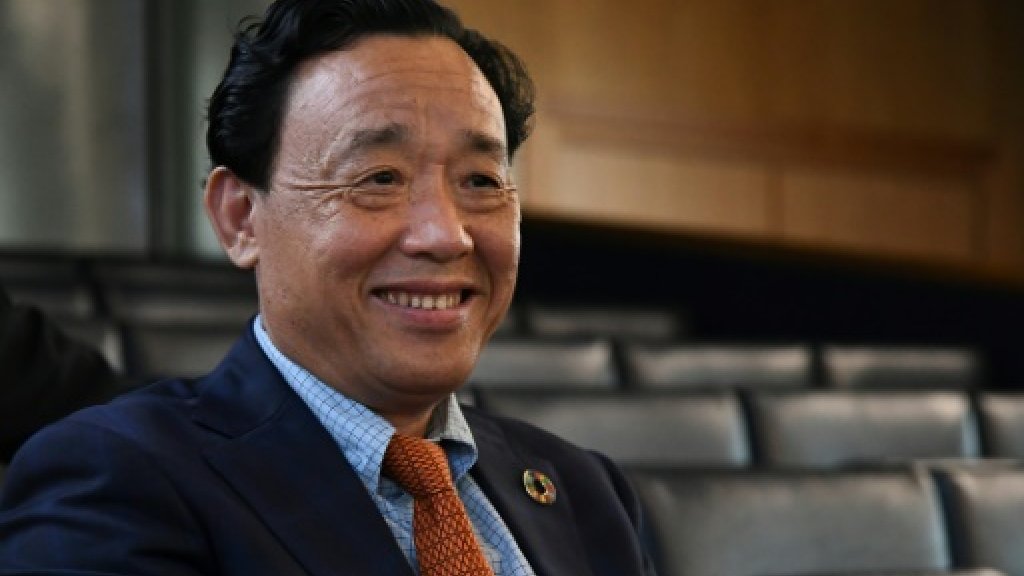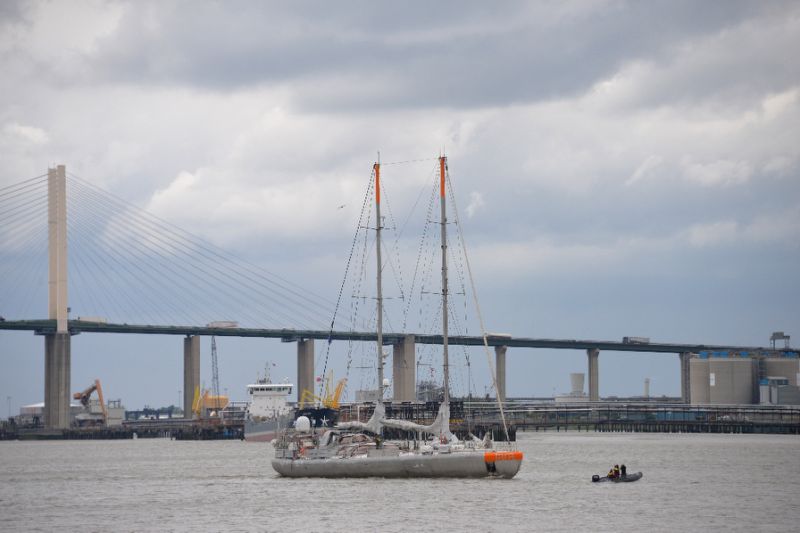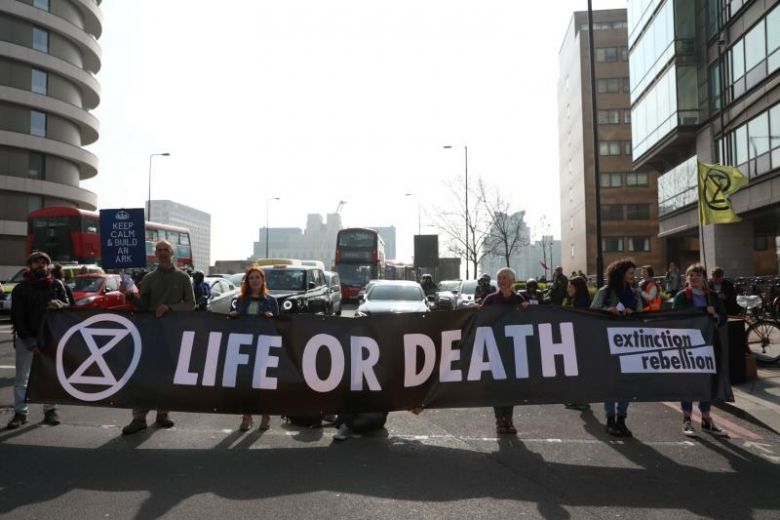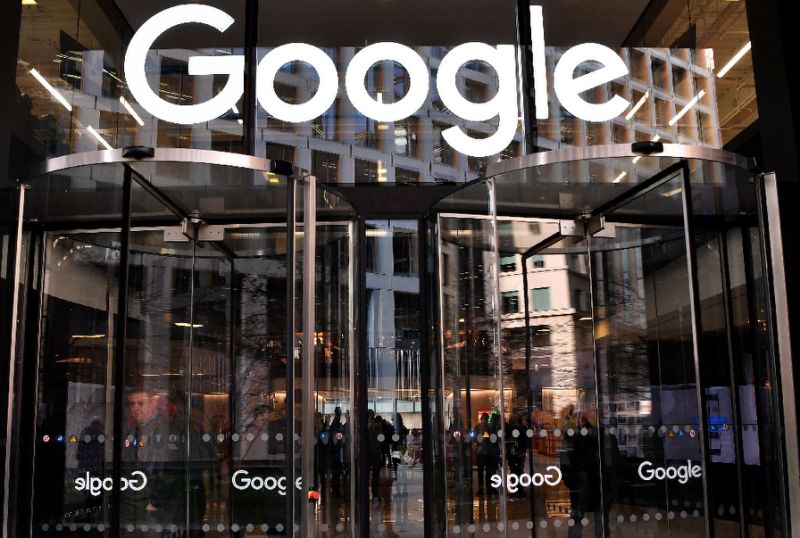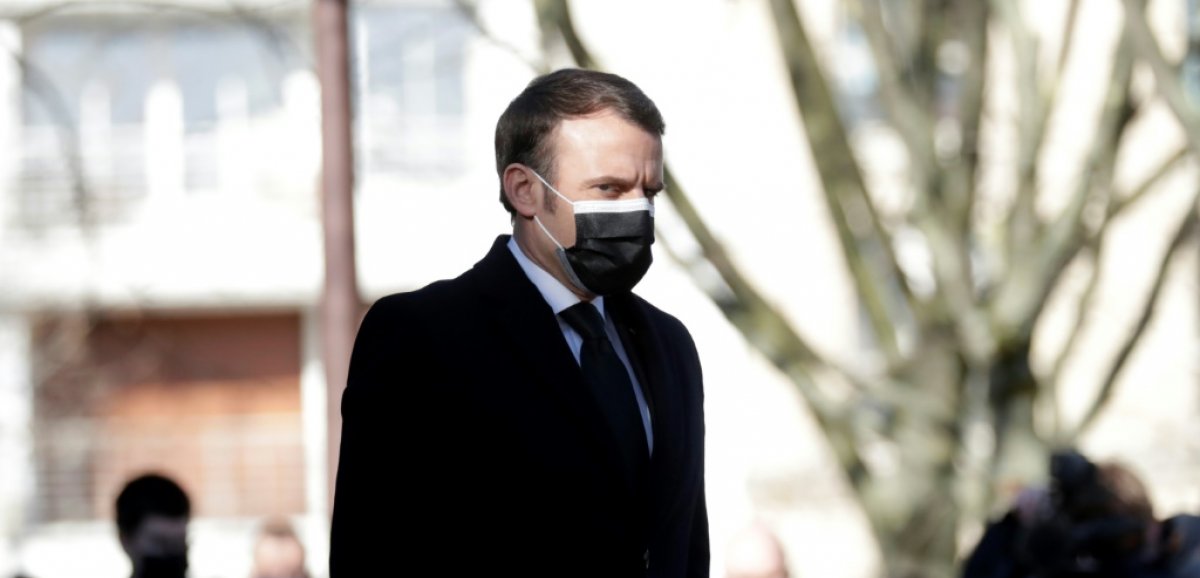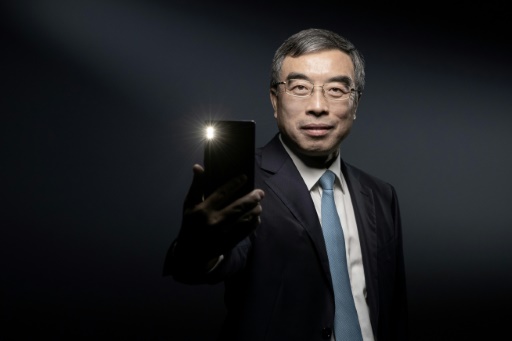
Chinese telecommunications group Huawei is working on a plan to build its own components at a site in Europe, its chairman told AFP, after it was hit by US sanctions.
President Donald Trump has ordered American firms to cease doing business with Huawei, but Liang Hua reiterated denials that the company was a tool of Chinese intelligence.
"We are planning to manufacture our own components at a production site in Europe in the future," he said in an interview at AFP's headquarters.
"We are conducting a feasibility study to open a factory in Europe for this. The choice of country will depend on that study," he said.
While there is no timetable for the choice, Liang said "it could happen very quickly".
The chairman added: "In the area of 5G technology, we are already no longer dependent on the supply of chips and other components from American companies."
Trump's offensive has deprived Huawei of access to chips and other technology from US leaders Micron, Qualcomm and Intel, so the company has had to diversify its supply base, notably from elsewhere in Asia.
US intelligence chiefs claim that Huawei cannot be trusted and that its equipment is a threat to US national security -- an accusation the company has dismissed.
- Spy denial -
Trump has offered a series of temporary reprieves for Huawei to allow service providers covering remote rural areas time to comply with the ban.
Liang reiterated Huawei's denials of the espionage accusation, insisting it had never been asked by the Chinese government to eavesdrop on its customers.
"In the past 30 years we have never been the object of such a request. Even if one was made in the future, we would turn down such a request," he said.
Chinese law requires individuals and organisations to assist and cooperate with national intelligence efforts.
Nevertheless, other countries are under pressure from the United States to also act against Huawei.
Australia and Japan have taken steps to bar or tightly restrict the firm's participation in their rollouts of 5G networks. Earlier this month, Prime Minister Boris Johnson strongly hinted that Britain would follow suit.
Against that backdrop, Huawei has stressed a focus on continental Europe, and has announced plans to spend $40 billion on European supplies.
Despite the US pressure and spillover from a Sino-US trade war, Liang said Huawei's sales were holding up, and the firm is developing its own mobile operating system as it faces up to losing access to Google's Android.
The group expects to have sold between 245 and 250 million smartphones worldwide this year, he said.
That would exceed last year's figure of 206 million handsets, according to IDC data. afp
